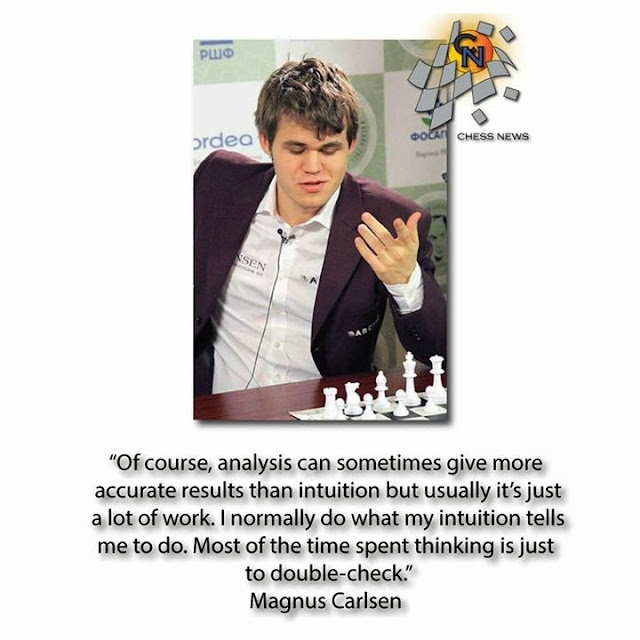Top 10 Health Benefits of Chess
Top 10 Health Benefits of Chess By Health Fitness Revolution | 0 Comment Health Fitness Revolution Often known as a game for the intellectually gifted, chess is the best sport to exercise the most important organ in our bodies: the brain. While Chess Grandmaster Bobby Fischer made it popular in the 1950s and 1960s, the game is still widely played around the world today among participants of all ages, from the young to the elderly. The game of chess might not help you build your biceps or tone your abs, but your lifelong mental health can certainly benefit from it. And a sexy and beautiful mind is one of the best assets you can show off! Here are the Top 10 Health Benefits of Chess: Promotes brain growth: Games like chess that challenge the brain actually stimulate the growth of dendrites, the bodies that send out signals from the brain’s neuron cells. With more dendrites, neural communication within the brain improves and becomes faster. Think of your brain like a

